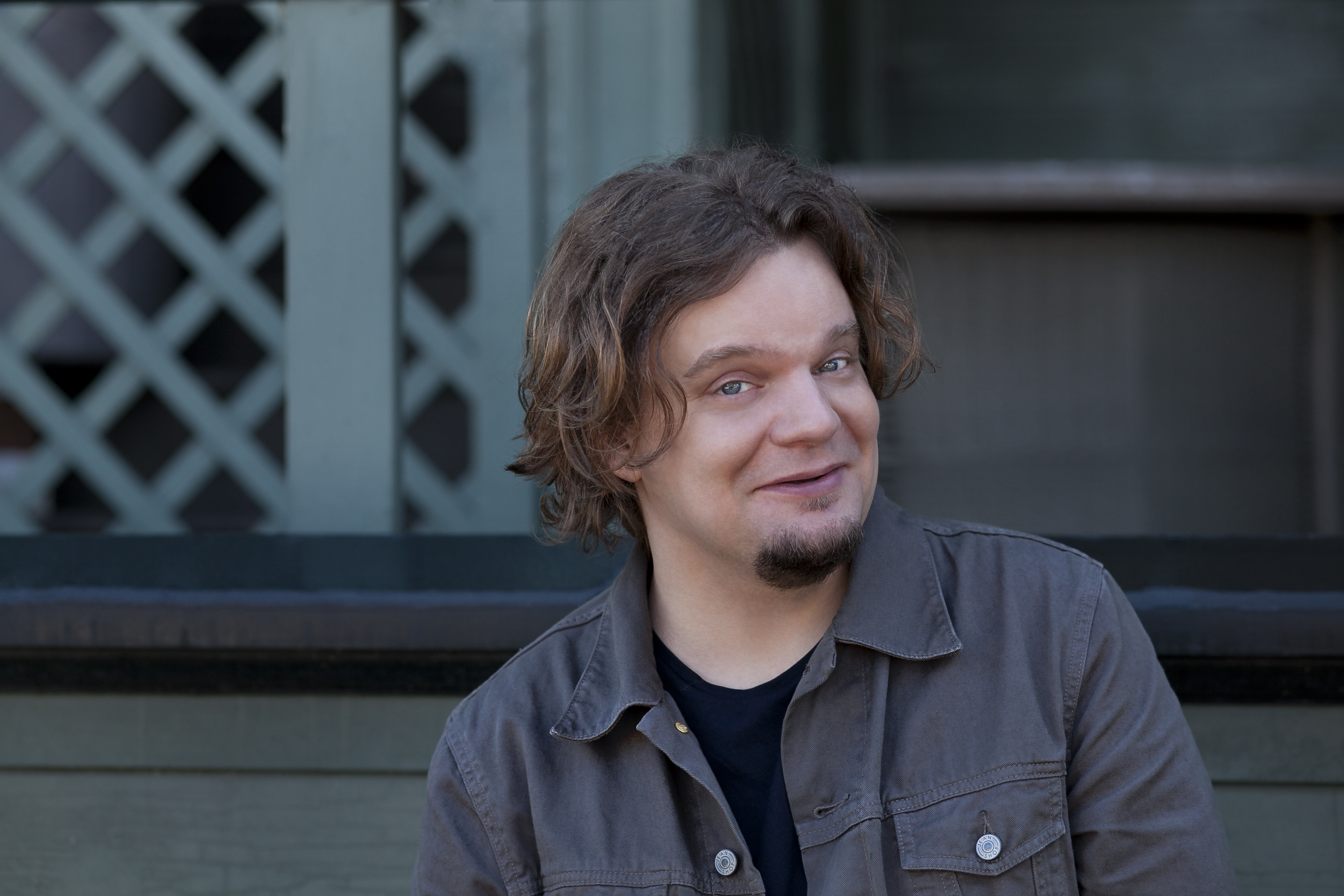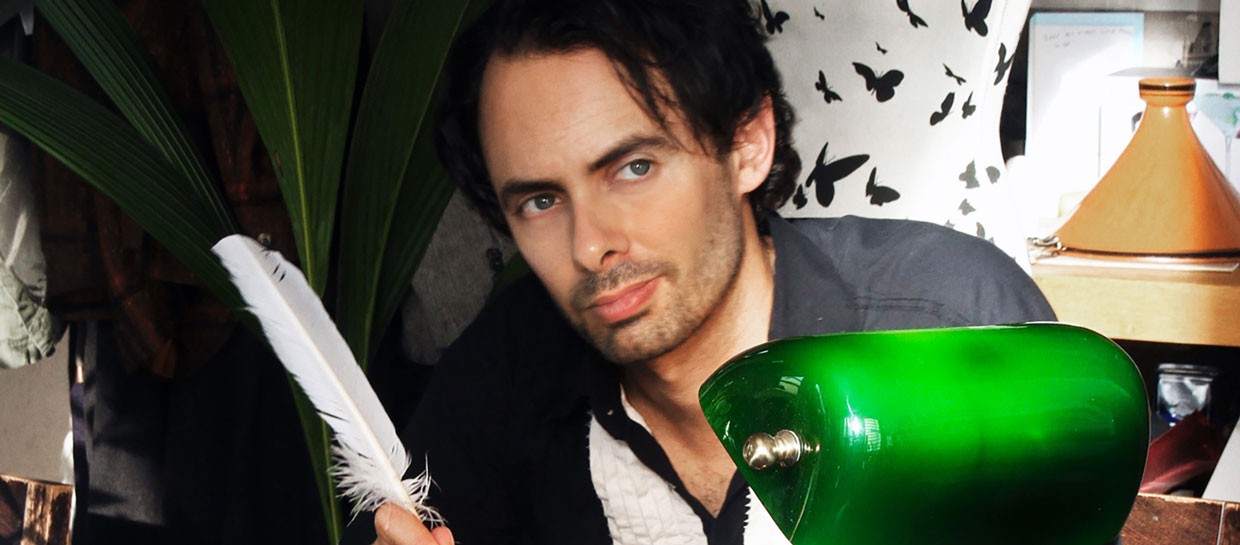When a comedian performs on American late night talk show Conan, it’s a pretty big deal for that performer. When Finnish stand up Ismo Leikola first performed on US television, it was a big deal for his whole country. “Me doing Conan was the number one news story in Finland that day,” he says.
“I’m the first export of Finnish comedy so far,” he says from Los Angeles, where he is now based and performs under his first name. When you think of countries known for their comedy, Finland probably isn’t one that springs to mind. Probably wouldn’t even make most people’s top ten. Yet, tucked so far north it juts into the Arctic Circle, Finland has a healthy comedy scene.
Ismo first began performing comedy in 2002 as part of the second wave of the growing circuit there. He says that while live comedy existed during the ’90s, it wasn’t until the early naughties that stand up really took off there.
“It happened quite fast for me,” he says of his success. “I started in 2002 and then in 2003 I was making a living doing comedy. I got on TV right away, so it happened really fast.”
Since then, Ismo has toured across the country to sold-out theatres, released three comedy specials and starred in his own sitcom.
“It was based on my life,” he says. “I played a comedian called Ismo and it was very exaggerated. It was about my life – touring, my crazy manager, stuff like that. And I have a wife in the show and the actor was picked by my real wife.”
Finland’s relatively small population of five and a half million people created a good discipline for him as a writer, forcing him to constantly generate new material so as not to disappoint his returning audiences.
“Nobody else speaks the language so you really have to tour the country a lot and you have to write new jokes all the time. People are coming to see you many times, so my main thing has always been writing lots of jokes.”
Ismo will be making his Melbourne International Comedy Festival debut this year with his show Words Apart. Even back home, he says his take on the world was always seen as a little different or unusual, but he promises the show to be universal and relatable and as the title suggests, taking a look at language.
“One of the phrases I like to use is ‘the hidden obvious’. My goal is for people to say when they are leaving my show, ‘How did I never see that before?’ That’s definitely what I’m going for – pointing out things that are so obvious that people do not even see them and then take them further and twist them around”.

